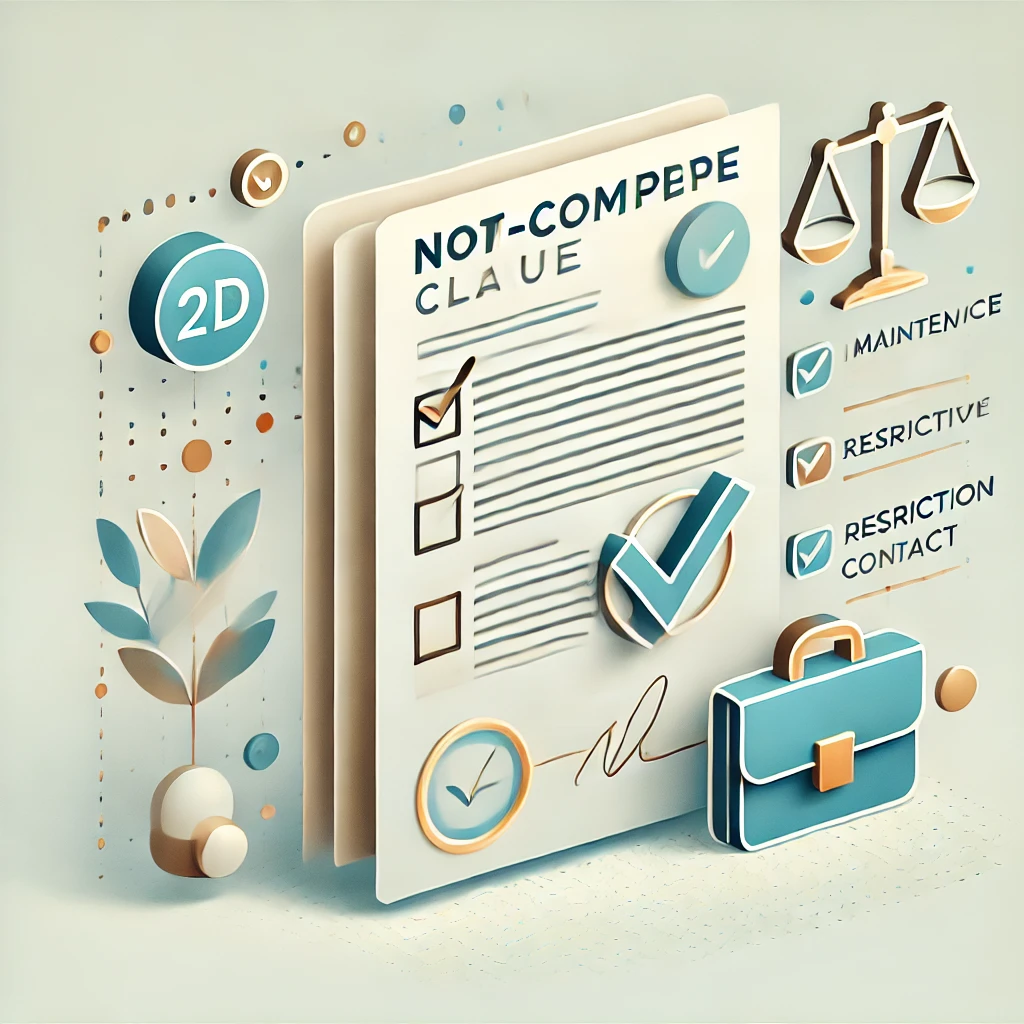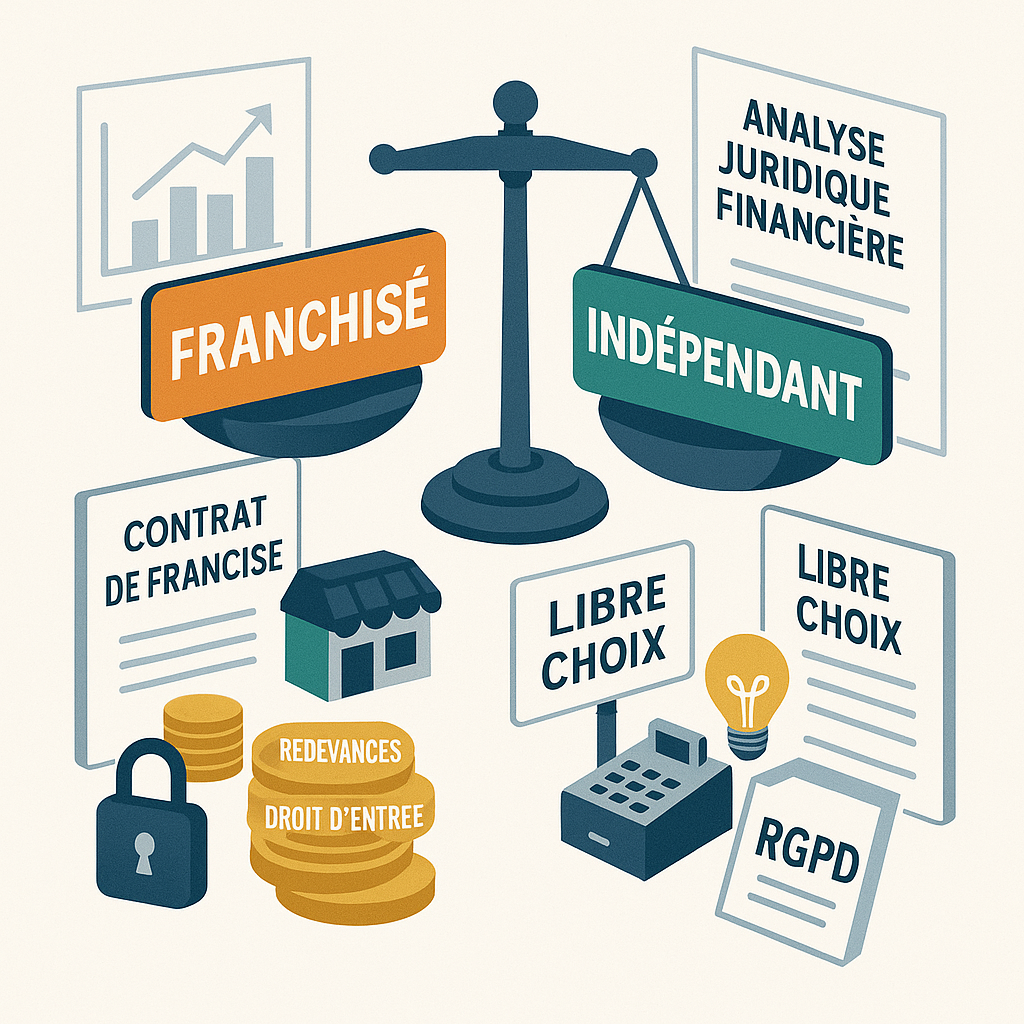The website development contract is an essential document for web agencies and e-commerce sites.
It establishes the basis for work between the service provider and the customer, and defines the commitments of each party.
In this article, we'll look at the different phases of this contract, focusing on the preliminary phase, the control and operation phase, and the main responsibilities of the IT service provider.
I. The preliminary phase :
In order to ensure that the service provider is able to produce a website that meets the customer's expectations, the parties must define the following documents to be included in the attached contract:
- Specifications, which precisely define the objectives, constraints and specifications requested by the customer.
- Technical and functional specifications for the website, detailing the service provided and the customer's expectations for each part of the site.
Confidential communication between customer and service provider is also essential, to ensure that all necessary information and data are supplied.
II. The control and operation phase :
Once the preliminary documents have been drawn up, the inspection and operation phase begins.
The service provider undertakes to design and build an accessible website, in strict compliance with specifications, industry best practices and best practices.
Project follow-up, customer training and website maintenance can also be included in this phase if the parties agree.
III. Contractual commitment and liability
The website development contract implies an obligation of result for the service provider:
Website must comply with the requirements set out in the contract.
This stems from the service provider's obligation to ensure that the product delivered complies with the customer's usual or specialized uses.
To ensure that the website is compliant, the service provider must plan two phases:
- The provisional acceptance test, which tests all the website's functionalities and gives feedback to the service provider on any bugs that may have arisen during the test.
- Final acceptance, which definitively validates the development carried out by the service provider, particularly following bug corrections.
This stage purges the customer's rights of recourse with regard to the website's lack of conformity, subject to apparent defects such as lack of RGPD compliance, a bug or the presence of hidden outgoing links.
In any event, if the service provider has made a commitment, it is obliged to make patches to correct any design anomalies that may occur during the period of validity of the clause guaranteeing the conformity of the website.
V. Conditions relating to the intellectual property of the website
To ensure the long-term, trouble-free use of the website, it is essential that the customer recovers the intellectual property rights of each author of the source code.
In the absence of a copyright assignment clause in the terms of the web design contract, the site belongs to the person who developed it.
Furthermore, in the absence of ownership of the intellectual property rights, the service provider is not obliged to deliver the source codes, which may pose a problem in the event of a change of host by the customer. The customer will not be able to use the website without having access to the source code in order to proceed with the migration.
In the absence of a transfer of these rights, any modification of the source code constitutes an infringement.
VI. Conclusion
Taking the time to draw up a complete and precise website design contract, and clearly specifying the customer's needs, helps limit the risks associated with overly broad requests.
This document establishes the basis of the relationship between the service provider and the customer, and enables the service provider to invoke the terms of the contract in the event of a dispute linked to a delivery that does not meet expectations.
In addition, the contract defines payment terms and penalties for late payment, and ensures that the customer has full possession of the website for future use and updating, independent of the initial service provider.
* * *
If you need help writing your website development contract template, get in touch!




